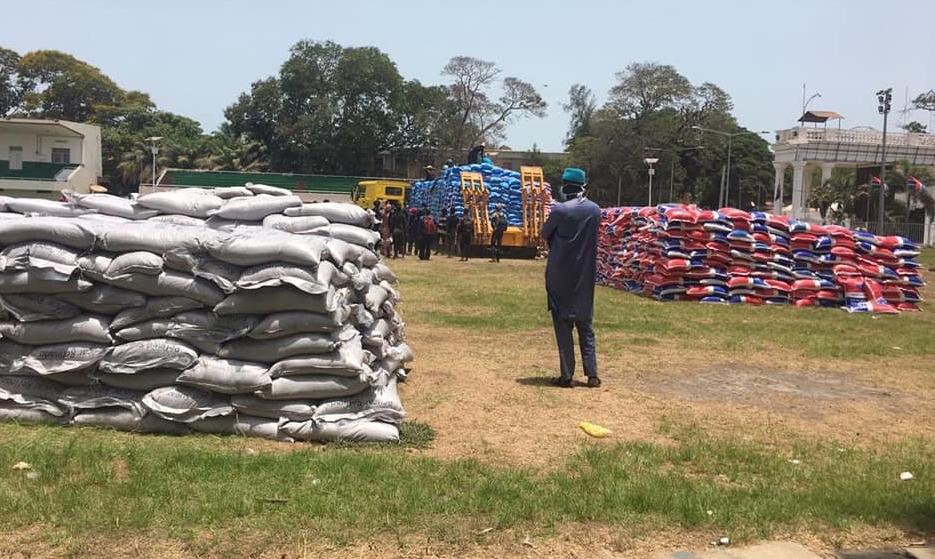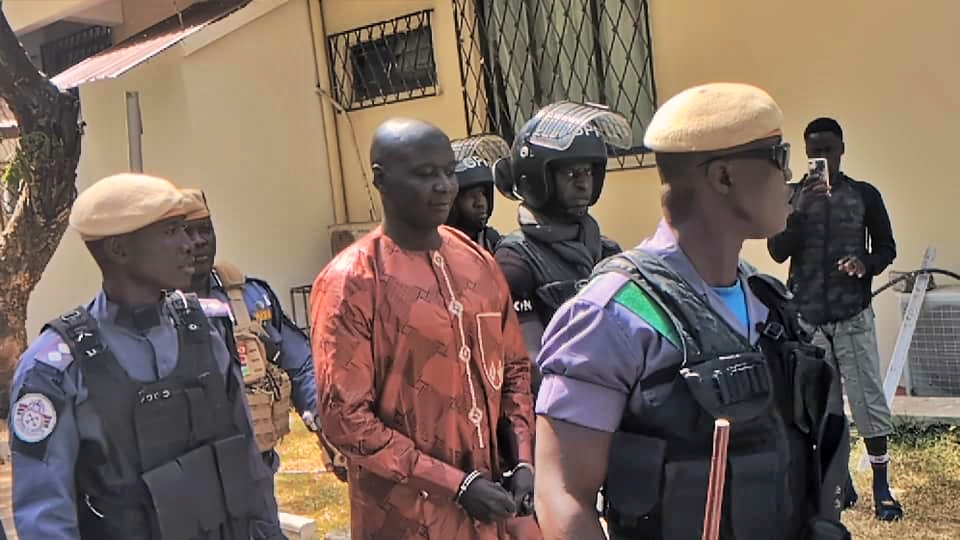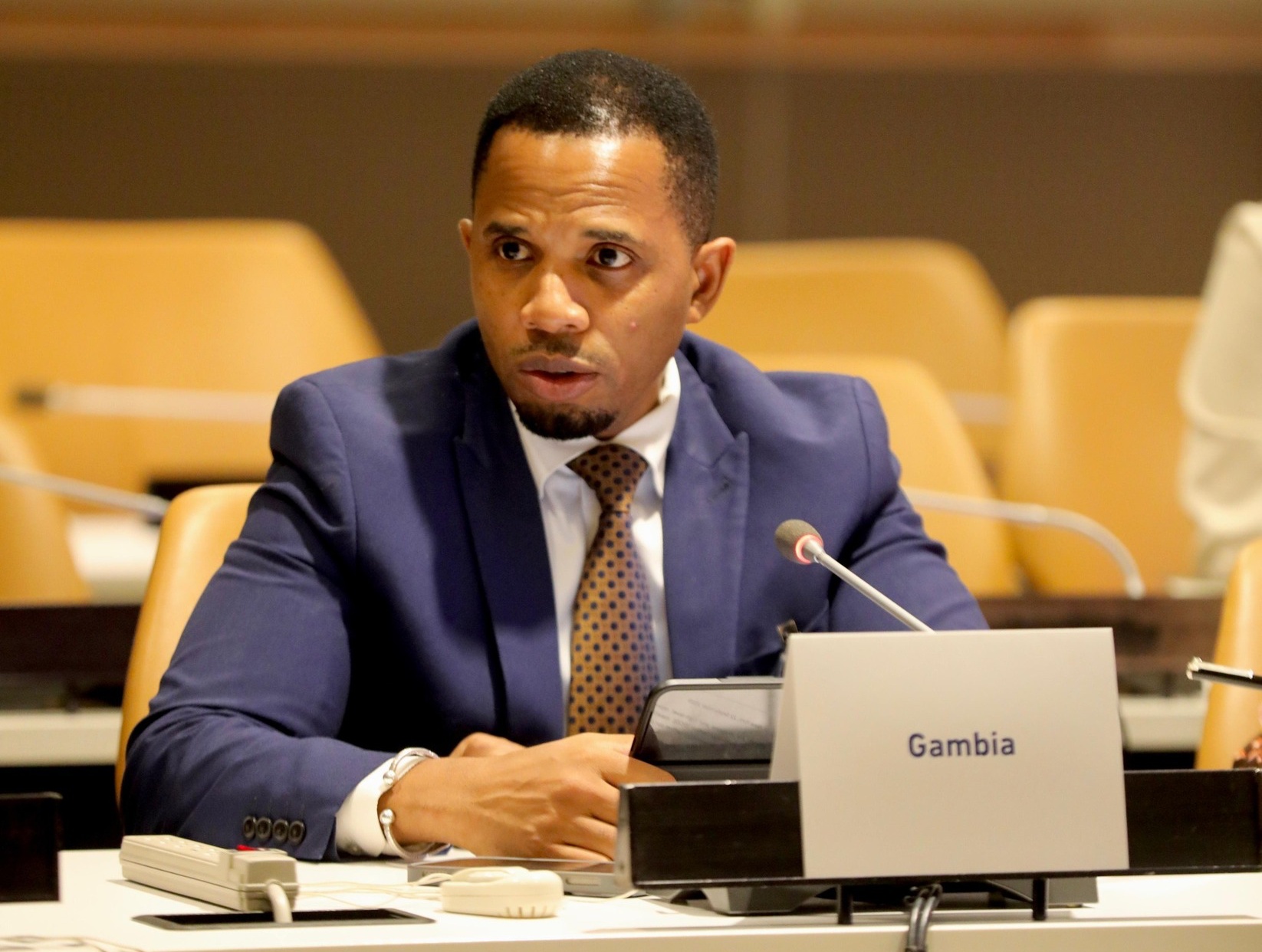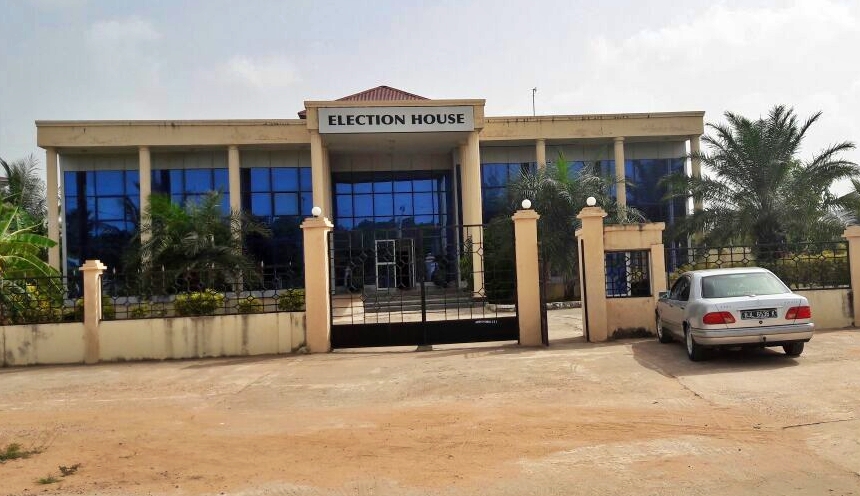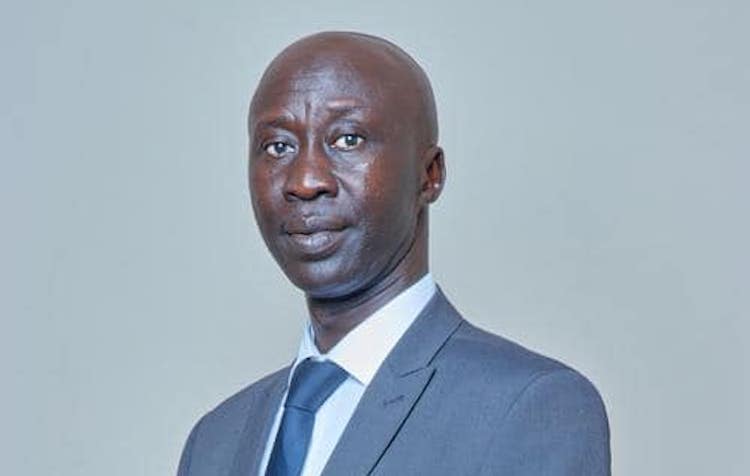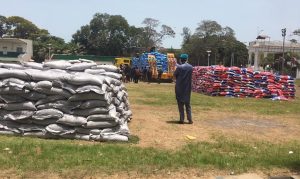Gambiaj.com – (BANJUL) – Ousman Jobarteh, Managing Director of the Gambia Ports Authority (GPA), has expressed regret for the unpleasant interruptions brought about by recent ferry malfunctions on the vital Banjul-Barra crossing. Jobarteh announced efforts to increase ferry efficiency and reliability and guaranteed that the Kunta Kinte ferry will be operational again in two weeks.
Speaking to GRTS’s Check Point program, the GPA Managing Director addressed the simultaneous breakdowns and said they were “not by design.” He repeated the President’s expression of regret for the disruption and emphasized the crossing’s significance for Trans-Gambia Highway users as well as Gambian commuters.
Jobarteh disclosed issues with the MAN engines of the elderly Kanilai ferry, which are hard to service because they are no longer manufactured. He acknowledged that the Kanilai might be approaching the end of its useful life and underlined the significance of routine dry-docking for maintenance. Re-engineering with more user-friendly technology is anticipated to provide it an additional three to four years of life.
Talking about more positive news, Jobarteh said much is available for future ferry improvements. In place of the present pump jet propulsion, the Kanilai ferry will be equipped with new, simpler-to-maintain water-jet propulsion systems. This offers a more dependable service, coupled with routine maintenance.
In response to previous concerns about ferry procurement, the head of GPA stated that two new ferries are being purchased and are being built especially for Gambian requirements. The African Development Bank is responsible for funding one ferry, whereas supplier credits are used to finance the other. These ferries will be diesel- and solar-powered hybrids that are environmentally beneficial.
Establishing public trust in ferry services was a major focus. The MD presented a detailed plan that included purchasing new ferries to handle the overabundance of demand, enhancing operational safety by establishing a second landing site for better traffic control, interacting with the government to secure funding and subsidies, updating ticketing and passenger manifest systems, inviting private sector participation, and granting NGMA, a Turkish company, a license to operate alongside GPA.
During the interview, the profitability of the ferry service was also covered. Concerns over fleet capacity and the requirement for government subsidies were highlighted by Ousman Jobarteh. He did, however, convey optimism that the service will become financially sustainable with the new tactics and government assistance.
In summary, MD Jobarteh offered optimism for a future ferry service in The Gambia that is more dependable and effective, with reduced wait times, enhanced security features, and possibly an option to choose between public and private ferry services.




